When are Business Taxes Due in 2025?

All businesses in the United States must report their business activities to the Internal Revenue Service (IRS). They do this by filing annual tax returns. The due dates of their annual returns depend on the type of business. Filing on time will keep you in the good books with the IRS and help you avoid penalties.
Plus, if you file early, you may even get a tax return!
However, tax states tend to shift around from year to year due to IRS procedures and whether the tax due date falls on a weekend day or not. Staying on top of updates like this can be difficult. That’s why we’ve got it covered for you in 2025!
With this in mind, let’s break down the business tax due dates for tax returns filed in 2025 in detail. You can use these dates with your accounting software for even better results.
In this article, we’ll cover:
Can You File Your Taxes After October 15?
Filing Taxes with the Fiscal Year Vs Calendar Year

Tax Dates by Business Type
Tax dates change depending on the type of business that you’re running. It’s crucial that you know how your business is categorized so that your taxes make it in on time. Here are the due dates for filing your 2024 taxes for different types of business:
- March 15, 2025– The deadline for partnerships and multi-member LLCs. Both types of companies must file IRS Form 1065 and Schedule K-1
- March 15, 2025 – The deadline for S-Corporations corporate tax returns. These organizations must file IRS Form 1120S and Schedule K-1
- April 15, 2025 – The deadline for C-Corporations. These organizations must file IRS Form 1120 and Schedule K-1
- April 15, 2025 – The deadline for a sole proprietor or any LLCs taxed as disregarded entities. These organizations usually report their taxes on Schedule C of their individual tax return.
What if you are self-employed? Self-employed individuals must pay estimated quarterly tax payments during the tax year. The deadlines are as follows:
- January 15, 2024 for Q4 2024
- April 15 for Q1 2025
- June 15 for Q2 2025
- September 15 for Q3 2025
- January 15, 2025 for Q4 2025
Remember, these dates are crucial so you can save money on taxes and not have to pay penalties! Penalties can add up quickly and are an unnecessary loss of your business’s income.
Employee Tax Reporting
If your small business employs one or more employees, the IRS needs you to file Form 941. This form will report how much federal taxes and payroll taxes you may have withheld from your employees. You must submit the form four times on the following dates:
- January 31, 2024 for Q4 2024
- April 30 for Q1 2025
- July 31 for Q2 2025
- October 31 for Q3 2025
Can You File Your Taxes After October 15?
Sometimes, you are not prepared to file your business taxes on time. In that case, you should file an extension. You can file a tax extension by the time your payments are due. This way, you can have more time to file your taxes officially. The extension is an extension to file your tax return but not to pay it.
For example, if your company’s tax return is due by March 15, you must file Form 7004 for a six-month extension by March 15. You should pay all your taxes due with your extension.
What if you’re a business owner who reports their business activities on their personal tax returns? In that case, don’t file for a business extension with Form 7005. These taxpayers should instead request a personal extension with Form 4868 for both personal and business taxes. A Form 4868 should be filed by the original due date of your personal tax return on April 15. You can also file an extension by making an extension payment on the IRS website without filling out a form.
Here’s a list of payment deadlines for extended business tax returns:
- Schedule C for sole proprietorship businesses is extension deadline is October 15, 2025. The same is true for single-member LLCs. This extension must be filed with the owner’s personal tax return.
- Partnership and multiple-member LLC filing as partnership extension deadline is September 15, 2025.
- S-Corporation extension deadline is September 15, 2025.
- C-Corporation extension deadline is October 15, 2025.
Filing Taxes with the Fiscal Year Vs Calendar Year
If your small business operates by using a fiscal year instead of a calendar year, then your tax deadlines will be different. The above tax deadlines all assume that your business follows a calendar year. Many small businesses do this for convenience. However, some businesses use a fiscal year for tax reasons or for profitability purposes. A fiscal year means 12 consecutive months of tracking your income and expenses. For example, if you have a seasonal business, it might make sense to frontload most of your profitable weeks at the beginning of your fiscal year.
The IRS states that your tax return is always due on or before the 15th day of the fourth month after the end of your fiscal year. Additionally, if your due date is on a Saturday, Sunday, or legal holiday, the due date is actually the next business day.
Let’s assume that your fiscal year starts in July instead of January. In this case, your tax due date would be due on September 15. That’s the 15th day of the 4th month after the end of your fiscal year.
What Counts as “On Time” to the IRS?
You can mail your tax return, or you can file it electronically. Let’s look at the two options:
If you mail a paper copy of your tax return, then according to the IRS, a tax return is “on time” if:
- The envelope is properly addressed to the IRS. Errors will result in a late filing penalty.
- The envelope has enough postage.
- The envelope is postmarked before or on the date that your taxes are due.
- The envelope is deposited in the mail of the recipient by the due date.
Basically, if the envelope containing your tax return is properly prepared by your tax due date, you aren’t late. This is true even if the IRS takes a long time to process it. However, if you make any errors while addressing the envelope, this is considered your fault. For this reason alone, it’s important that you take care in mailing your tax return. One of the best methods to mail your tax return is to personally go to the post office. There, a label will be printed, postage will be correct, and it will enter the mail system the day you pay for it.
If you file your taxes electronically, your return has to be transmitted by the due date according to the date and time in your time zone. Filing taxes electronically is best and also becoming a standard for the IRS. You run less of a risk that your taxes aren’t received. It also takes many of the possible issues due to human error out of the equation. Plus, the IRS is quick about acknowledging if they received your tax return electronically. This means you’ll never have to question whether or not it’s been received. In the next couple of years, the IRS will be transitioning to accepting only electronic tax filings.

Frequently Asked Questions About 2025 Business Tax Deadlines
Here are some of the most frequently asked questions regarding 2025 business tax deadlines
Where can I get the forms I need to file my business taxes?
All of the forms that you’ll need to file your business taxes are available through the IRS. Depending on the type of business you’re running, you’ll need different tax forms. Check the specifications in our article to find out what tax forms your small business will need for filing their 2024 tax returns. It’s recommended that you use tax filing software or an accountant to file your taxes.
What is the penalty for filing business taxes late?
Filing your business tax returns late. If you miss the deadline, you will face a penalty of 5% of the tax you owe per month, for the first five months. In total, that means that the penalty you could face may reach up to 25% of your total tax bill. If you file your tax return or an extension but don’t pay the amount due, you will be charged a 1% penalty per month for a maximum of 25% of the amount due. The penalty will be 0.5% if you apply for a repayment plan. You’ll also be charged interest by the IRS until you’ve paid the balance off in full.
Key Takeaways
Business tax deadlines for filing your 2024 tax returns can vary depending on the type of business you have and other factors. If you want to know more about business taxes or tax deadlines, check out the FreshBooks resource hub. It’s full of guides just like this one to help you master accounting and financial wellness for your company.
RELATED ARTICLES

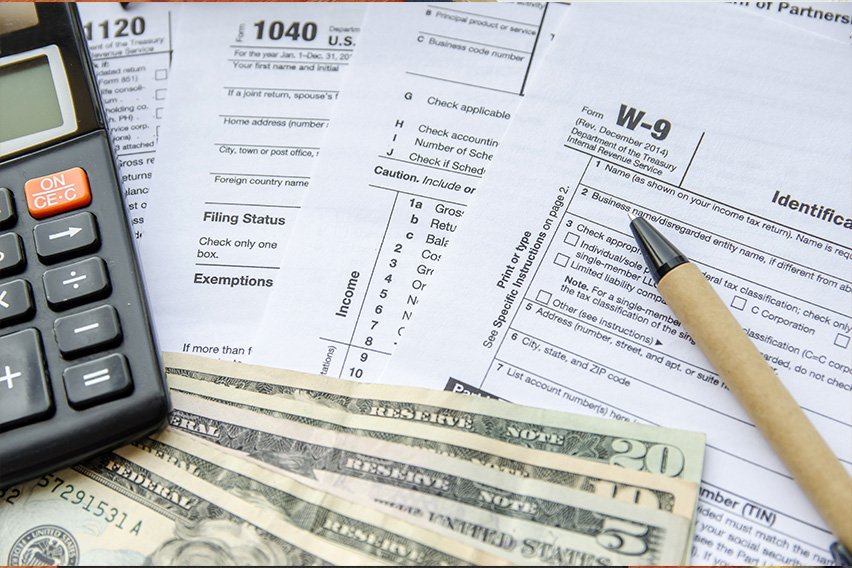 Small Business Income Taxes
Small Business Income Taxes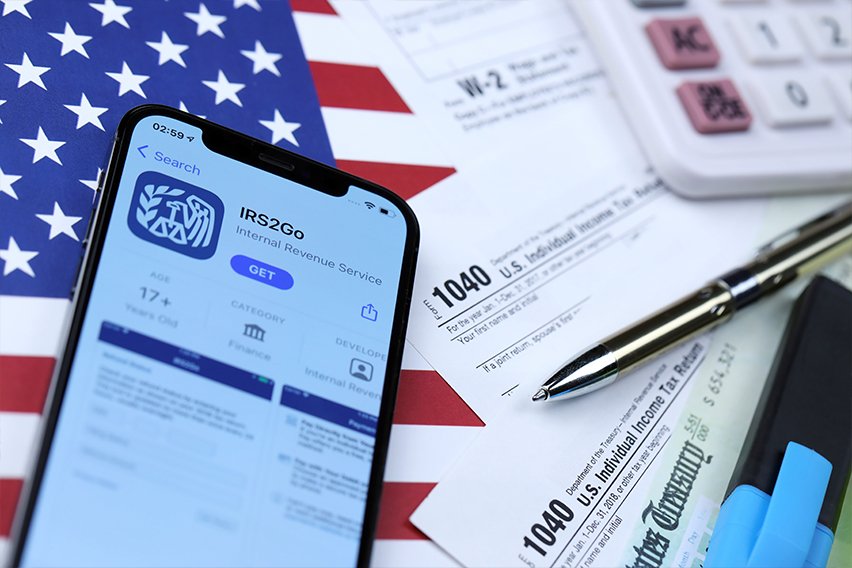 How Far Back Can the IRS Go for Unfiled Taxes?
How Far Back Can the IRS Go for Unfiled Taxes? How Many Years Can You Be Audited?
How Many Years Can You Be Audited?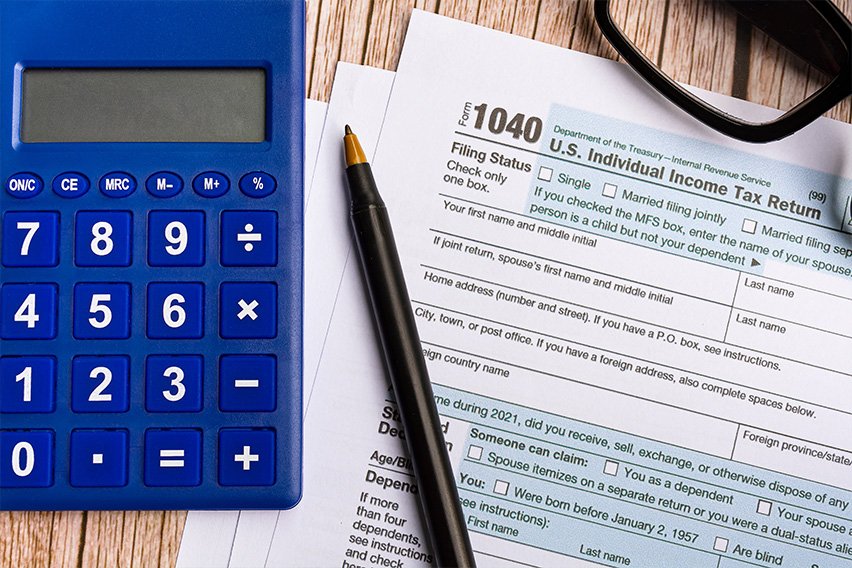 6 Freelance Tax Deductions & Benefits for the Self-Employed
6 Freelance Tax Deductions & Benefits for the Self-Employed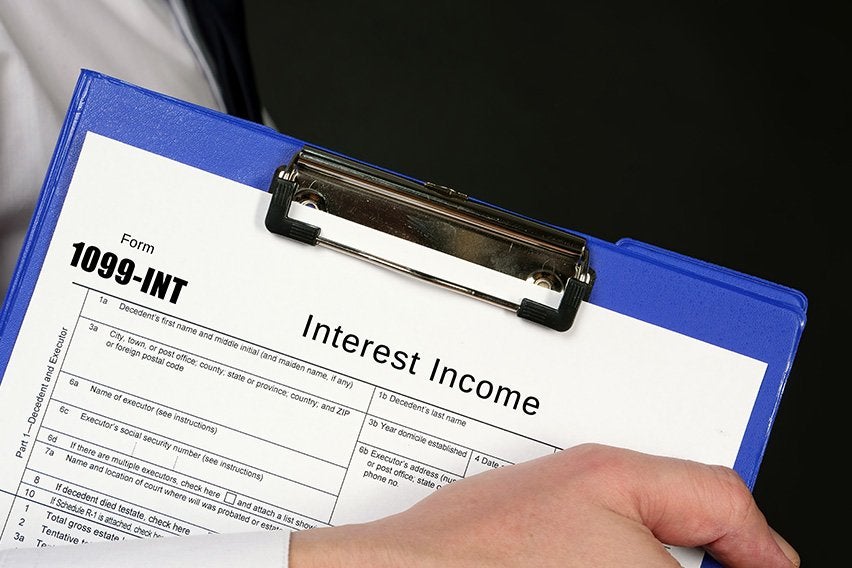 How Is Interest Income Taxed and Reported
How Is Interest Income Taxed and Reported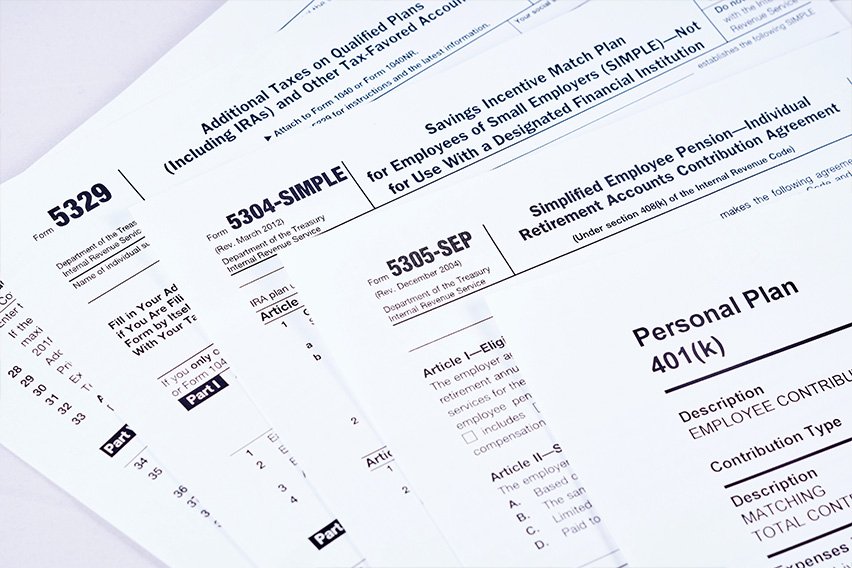 Do You Have to Report 401k on Tax Return? It Depends
Do You Have to Report 401k on Tax Return? It Depends